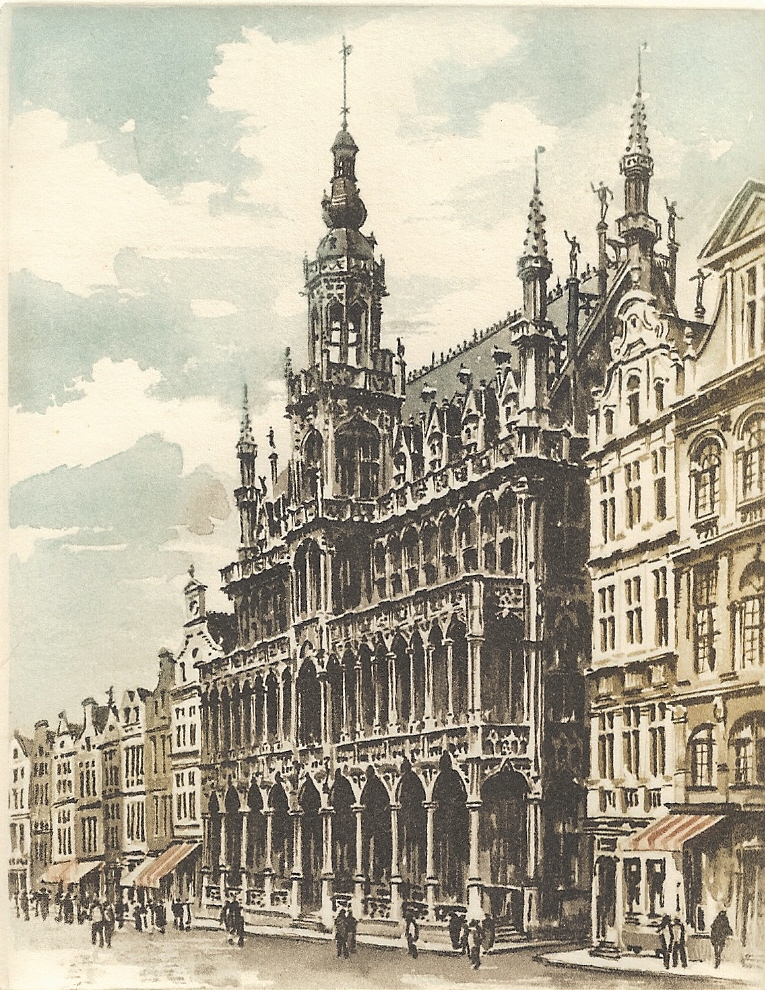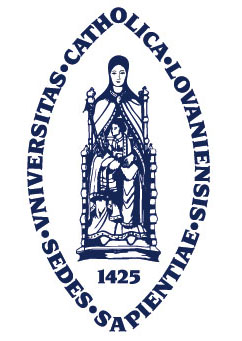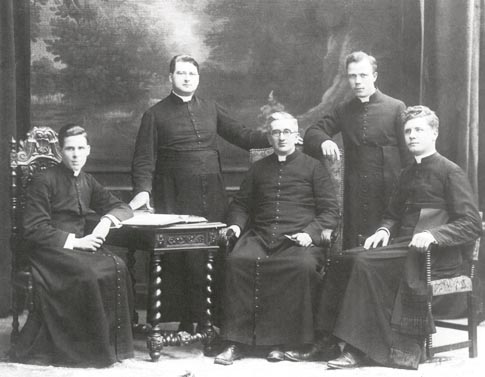
|
|
|
|
|
|
|
|
|
|
|
|
|
|
|
|
|
|
|
|
|
|
|
|
|
|
|
|
|
|
|
|
|
|
|
|
|
|
|
|
Louvain University
The Catholic University of Leuven, or Louvain, was the largest, oldest and most prominent university in Belgium. It was founded in 1425 by Pope Martin V, and re-founded in 1835 after the disruptions of the French Revolutionary Wars. The university split in 1968 to form two universities:
- Katholieke Universiteit Leuven, Dutch-speaking, which is situated in Leuven
- Université catholique de Louvain, French-speaking, which is situated in Louvain-la-Neuve, Belgium
The "Old" University (1425-1797)
In the 15th century the city of Leuven, with the support of John IV, Duke of Brabant, made a formal request for a university. Pope Martin V issued a papal bull dated 9 December 1425 founding the University in Leuven as a Studium Generale. As such it is the oldest Catholic university in the world still in existence today (and counting from the re-foundation in 1835, the oldest with the name "Catholic University"). In its early days this university was modeled on the universities of Paris, Cologne and Vienna. The university flourished in the 16th century due to the presence of famous scholars and professors, such as Adriaan Florenszoon Boeyens (Pope Adrian VI), Desiderius Erasmus, Johannes Molanus, Joan Lluís Vives, Andreas Vesalius and Gerardus Mercator.
The Catholic University (1835-1968)
In 1797 the old university, a bastion of reactionaries, was closed down by the French Republic, as the region was annexed to France during the French Revolutionary Wars. When the region was part of the United Kingdom of the Netherlands (1815-1830), William I of the Netherlands founded a new university in 1816 in Leuven as a Rijksuniversiteit (E: State university). Belgium became independent in 1830, and the Belgian bishops founded a new Roman Catholic university in 1834, at Mechelen, which in 1835 was able to return to Leuven, where the Rijksuniversiteit had been closed.



Sheen (on left) at University of Louvain
Life Dates | Visitors |
Museum
| Special People |
Holy Mother Mary
St. Mary's Church |
Become a Volunteer | Buy a Book |
Museum Shop
How to Find Us | Our Future |
Our Beginnings | Photo Gallery
| Links | Personal Testimonies
Calendar of Events | Bishop Sheen Quotes |
Inspirational Messages |
Contact
Us | Home
